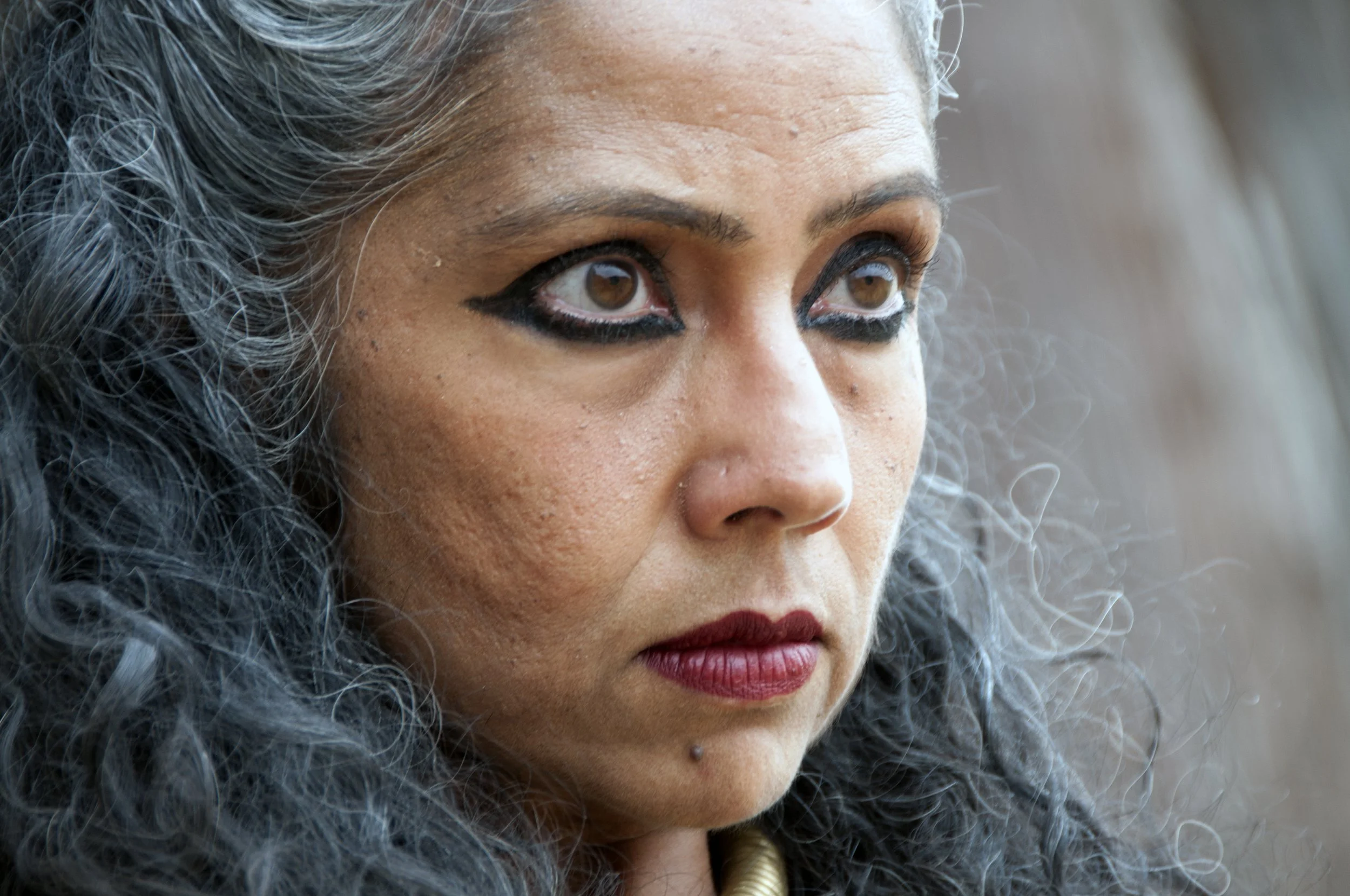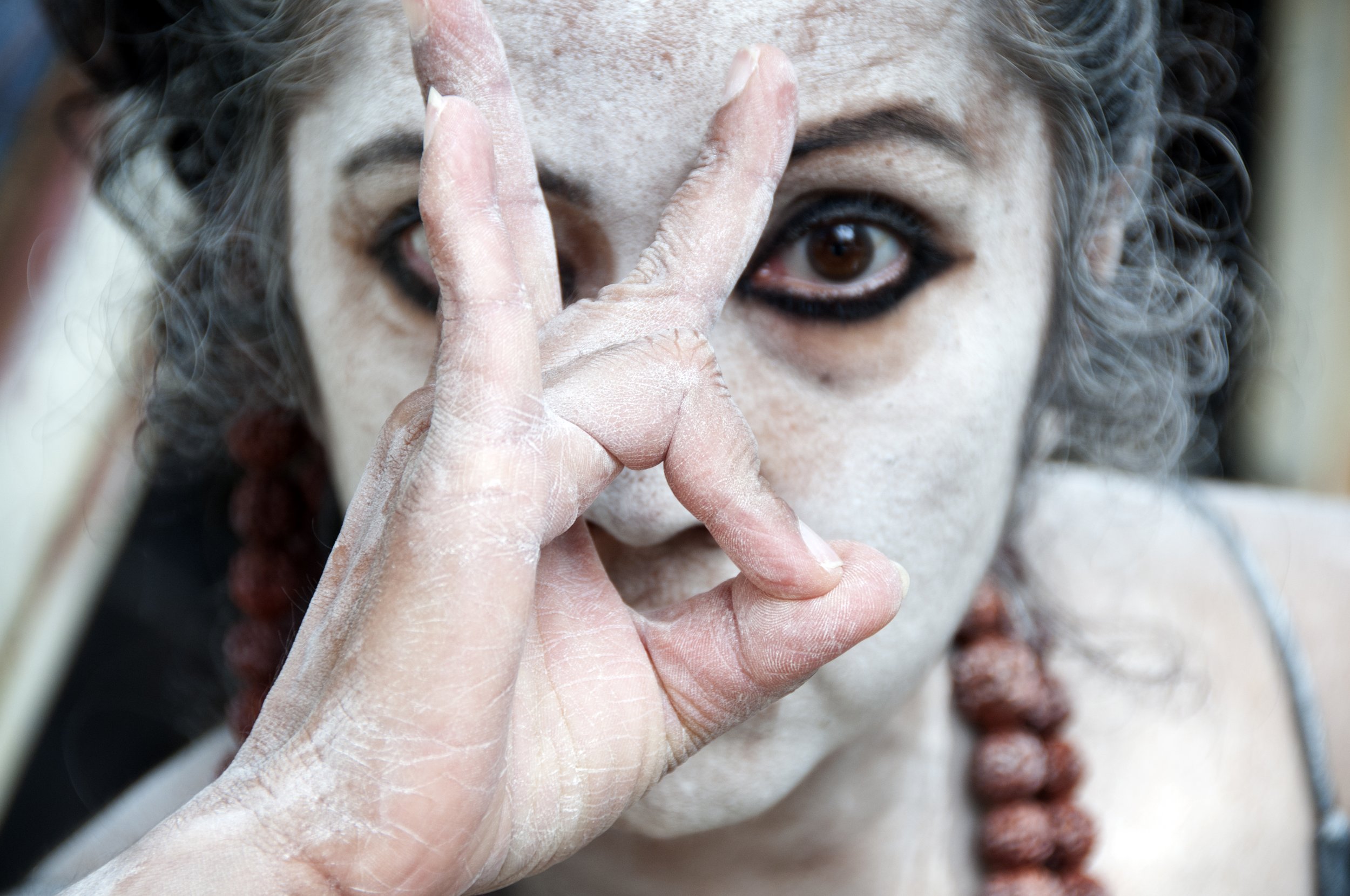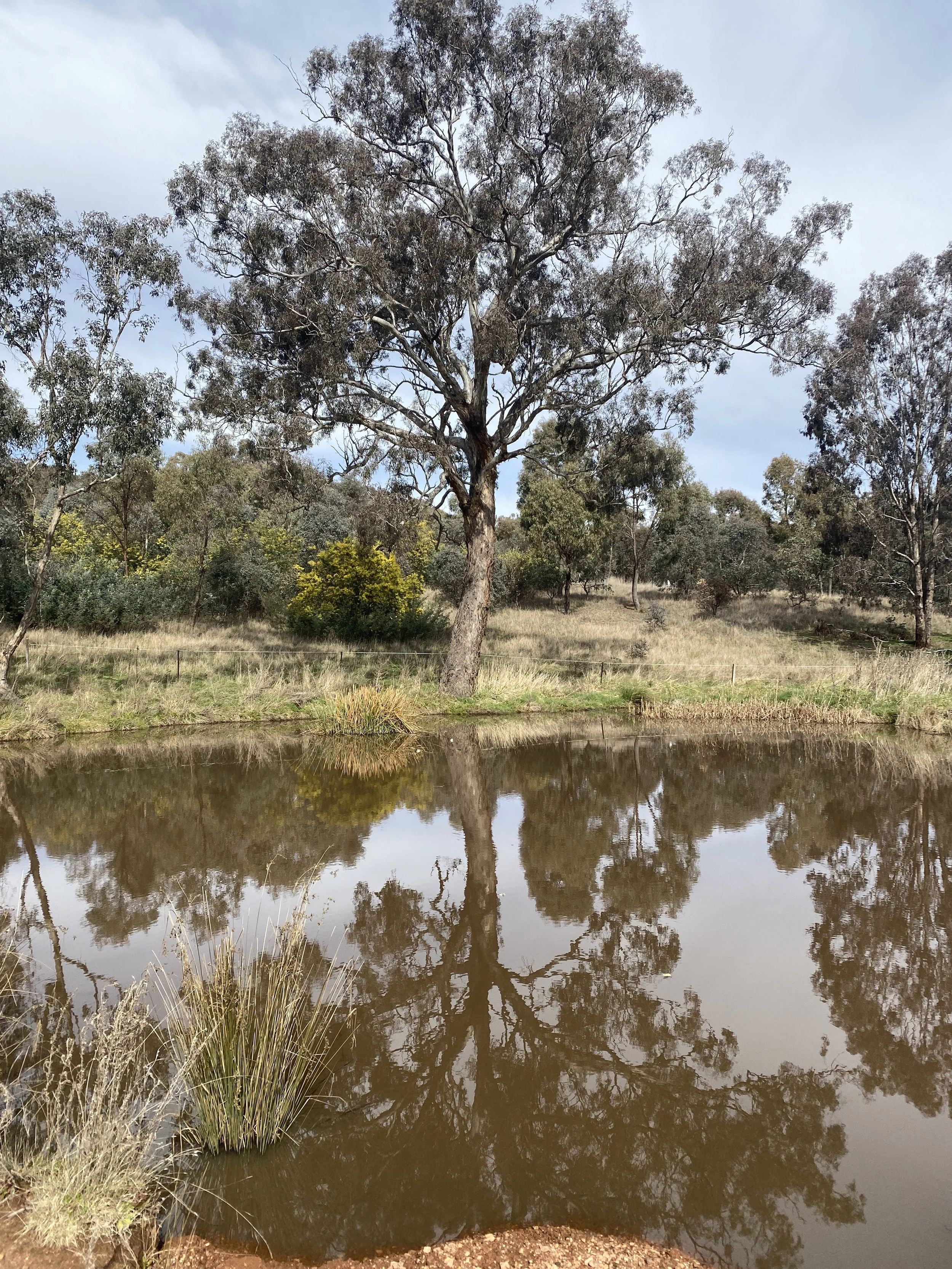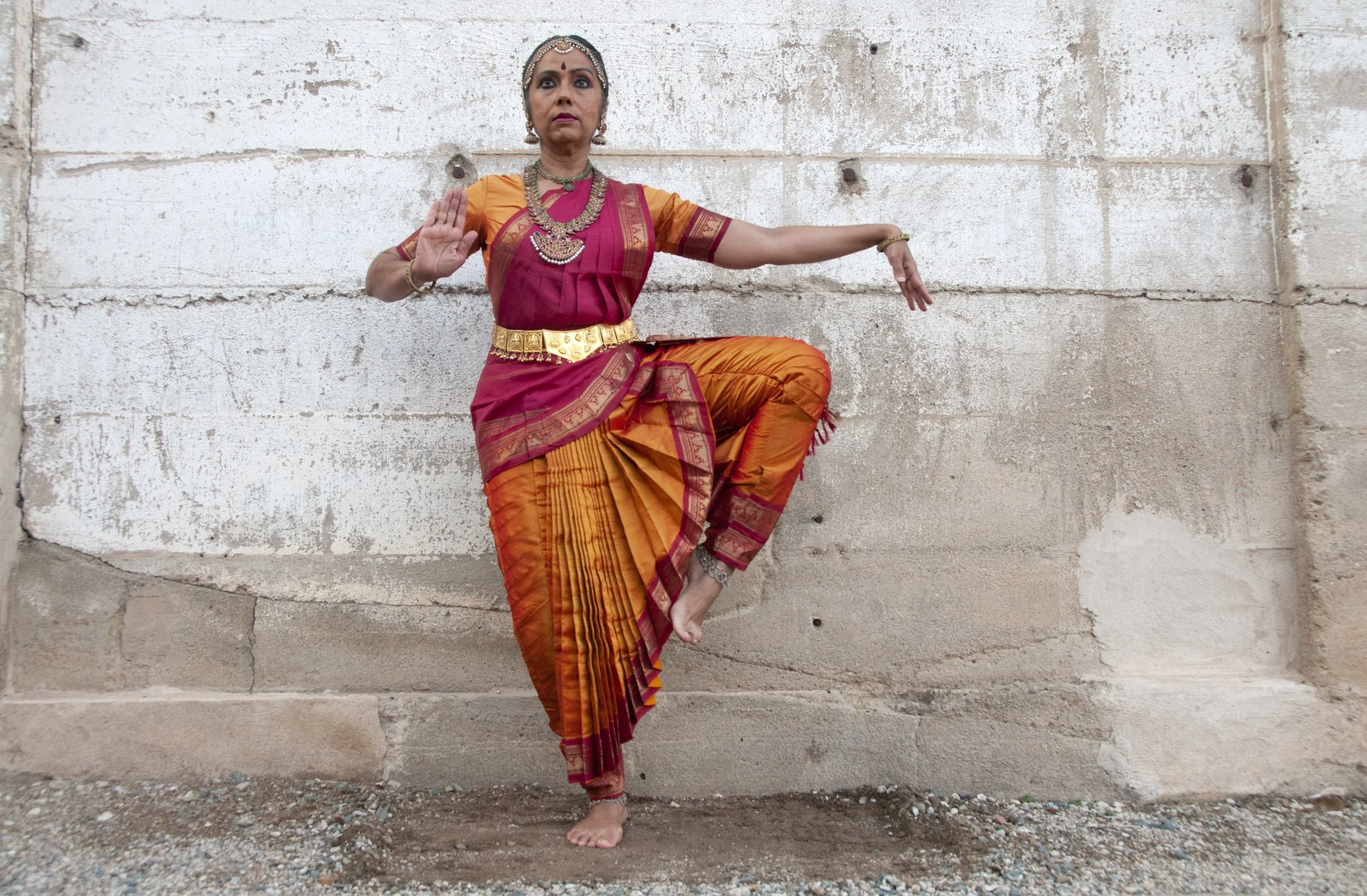In recent times I have encountered people in my classes who speak to me of their apathy. They share with me that they feel sapped of energy and hold a sense of helplessness. One of them told me that they feel they are standing on a railway platform watching the trains of life pass them by.
Read MoreThis week I had one of the women in my classes ask me about the difference between expression and action. She wondered whether “work” and “expression” need to be the same, and whether it is possible for them to be the same.
Read MoreLike many people I teach, I also hear much about the age of transition in which we are living. I hear eminent people speak about a change of ages, and the coming of a different paradigm of life. I often consider how I situate my lifetime in relation to these cosmic time movements. I hear people share with me how the incessant conversations about ages that are made up of thousands of years can serve to further distance us from the immediacy of our lifetime which is relatively only a drop in the cosmic time.
Read MoreA few days ago was my father’s tenth death anniversary. I performed the shraddha or rituals to my Pitrs or ancestors on that day. I am somewhat resistant to the determinism of ancestral narratives. In my own life, I have experienced that nothing needs to pre-determine how our lives should unfold, rather life is a co-creative project between our Yearning and Reality.
Read MoreWe live in times of virulent tribalism. Everything is about sides, signing up to an ideology and finding “community” amongst “like-minded” people. This is supported by the narrative about humans being “social animals” and that not belonging is abnormal. We are suspicious of people who choose to stand alone, or who seem to express sentiments that are nuanced, and who do not sign up to any side.
Read MoreIn our times the divorce between the arts, and paradigms that offer value to our understanding of reality, intensifies in economics-driven models of value. Either artists are superfluous to a narrative that determines the value of goods and services, or they are considered ivory-tower dwellers, remote from the urgent concerns of day-to-day life.
Read MoreDesire and pain are the villains in many spiritual philosophies. The destination of a spiritual inquiry is often proposed as freedom from pain—a state of being where we are gifted with an eternity of painless bliss. What underpins this proposed state of bliss is liberation from the tumultuous waters of our feelings and sensations— “non-attachment”. This free-floating state of non-attachment is suggested as delivering peace, stillness and, most importantly, painlessness.
Read MoreWhen I first left India at the age of twenty-one, I felt the ground taken away from under my feet. And I have danced in chaos since that time. Dancing the chaos is a very useful intelligence. Ancient Goddesses were Chaos invocations, their dance the only possible expression where words could not help language sensations beyond dualities. Here chaos is not the opposite of order, it is the great waters that eternally laps just beyond the fragile borders of our ordered cosmos.
Read MoreThe subjective has been discredited universally. While it was the domain of ancient philosophy, with the advent of science as the dominant and absolute lens on reality, the value of subjective experience vastly diminished. It was assumed the subjective had no rigour or intelligence. The subjective was “anecdotal” and was only of value when it was part of a group of similar experiences that legitimised it at both at the group and individual level. A unique experience was non-existent, or a fantasy.
Read MoreOften people speak to me of how they yearn to be peaceful, still and undisturbed. And this is a need that requires to be addressed. Most spiritual paradigms propose this as the central objectives of their traditions. We do need times of quietude, stillness and rest to survive.
The problem is when these become the only lenses on spirituality. How do we navigate a complex, unstable, unpredictable, Reality when we only value smoothness and comfort?
Read More









